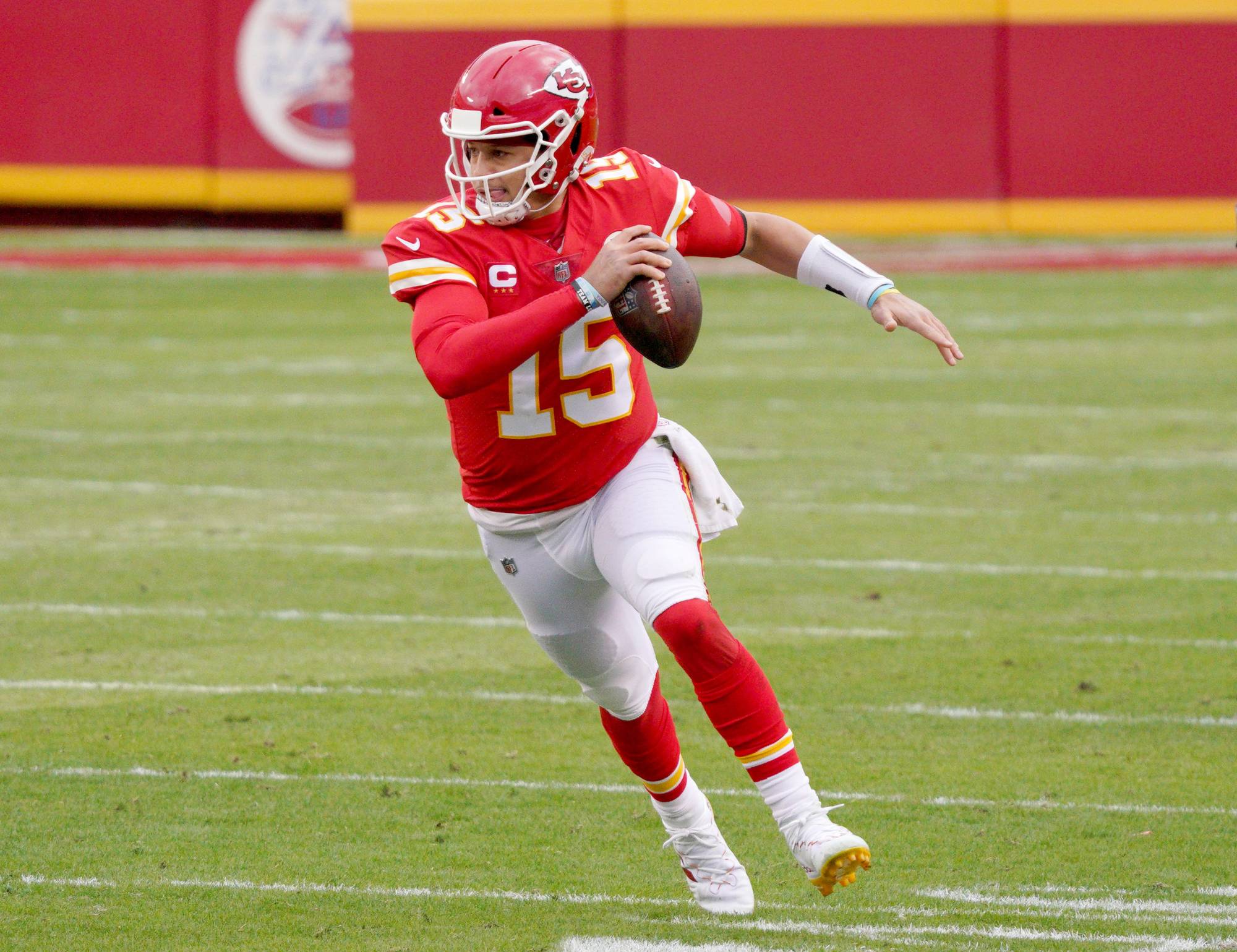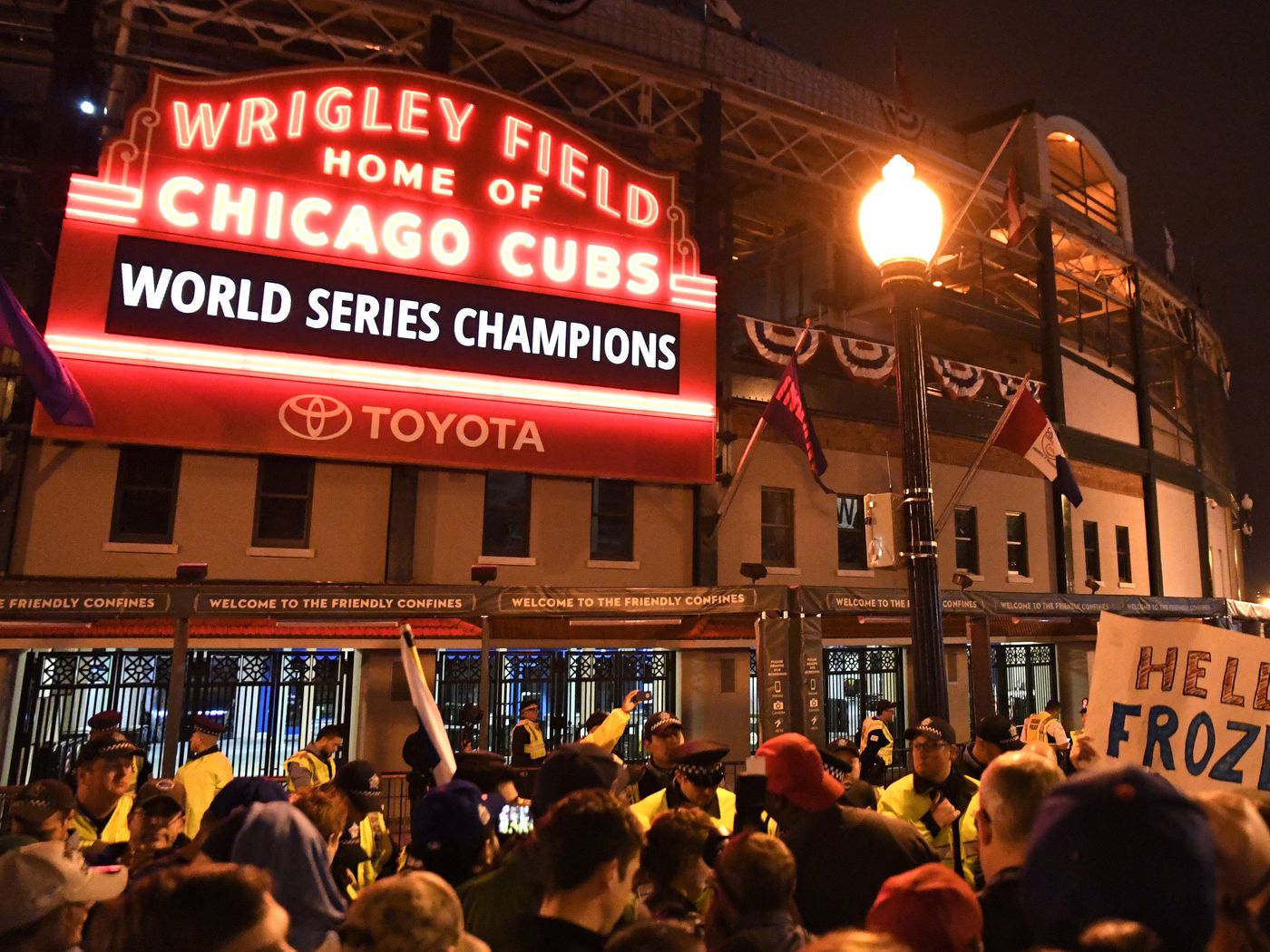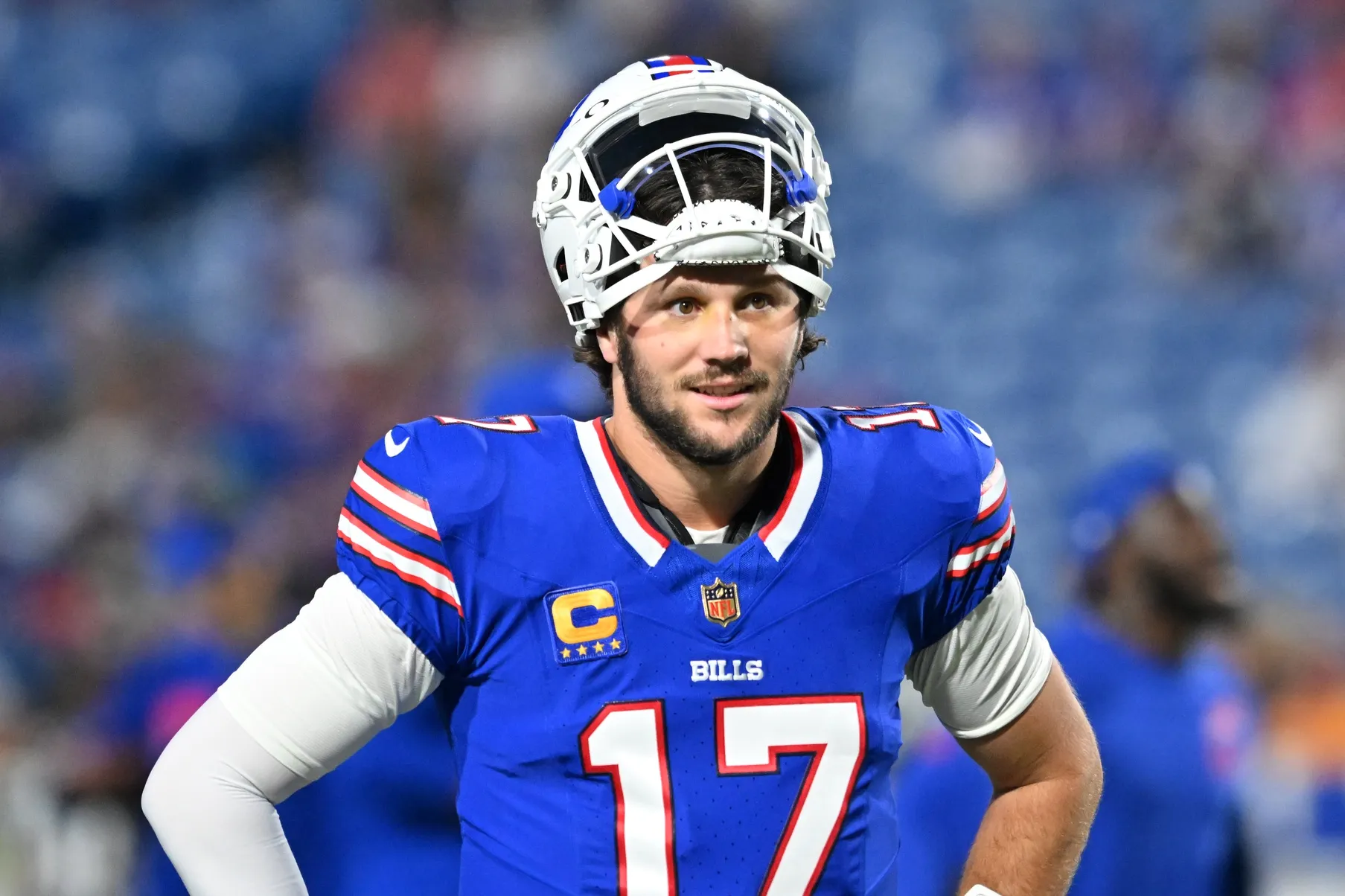The NFL has long been a beacon of professional sports, captivating millions with its thrilling games, dynamic athletes, and high-stakes drama. However, recent controversies surrounding officiating, particularly in games involving the Kansas City Chiefs, have sparked widespread debate about the league’s credibility. Fans, analysts, and even former players are questioning whether officiating biases or inconsistencies are tarnishing the league’s reputation.
The Chiefs and the Officiating Spotlight
The Kansas City Chiefs, led by superstar quarterback Patrick Mahomes and head coach Andy Reid, have become one of the most dominant teams in recent NFL history. With multiple playoff appearances, Super Bowl wins, and a roster brimming with talent, the Chiefs are a force to be reckoned with.
However, their success has also come with a darker narrative: the perception that officiating often works in their favor during crucial moments. High-profile games featuring the Chiefs have seen questionable penalties, missed calls, or oddly timed flags that many argue shift the momentum in their favor.
High-Profile Controversies
Several instances have fueled the controversy:
1. Roughing the Passer Penalties Against the Houston Texans
During the AFC Divisional Round game on January 18, 2025, a controversial roughing the passer penalty was called on Texans’ defender Will Anderson Jr. Anderson made contact with Chiefs’ quarterback Patrick Mahomes, which officials deemed as head-to-head contact. However, replays indicated that the contact was to Mahomes’ chest. ESPN analyst Troy Aikman and rules analyst Russell Yurk both disagreed with the call, noting its significant impact as it extended the Chiefs’ drive, leading to a field goal. Later in that same game Mahomes danced around 2 defenders then slid at the last second as two defenders collided, and another flag was thrown against the Texans for roughing. Troy Aikman announcing the game was outraged by the call.
2. Pass Interference Non-Call Against the Atlanta Falcons
On September 22, 2024, in a game against the Atlanta Falcons, Chiefs’ safety Bryan Cook appeared to make early contact with Falcons’ tight end Kyle Pitts on a crucial fourth-quarter play. Despite apparent pass interference, no penalty was called. This non-call prevented the Falcons from extending their drive, contributing to the Chiefs’ 22-17 victory. Fans and analysts criticized the officiating, suggesting a pattern of favorable calls for Kansas City.
3. Pass Interference Call Against the Cincinnati Bengals
In a matchup with the Cincinnati Bengals on September 15, 2024, a pivotal pass interference penalty was called against Bengals’ rookie safety Daijahn Anthony during a fourth-and-16 play. The penalty extended the Chiefs’ drive, allowing them to move into field goal range. Harrison Butker subsequently kicked a 51-yard field goal, securing a 26-25 win for Kansas City. The call was contentious, with debates over its validity and discussions about potential bias toward the Chiefs.
Fan Reactions and Social Media Outrage
Social media has amplified this debate, with hashtags like #NFLRigged and #ChiefsRefs trending during and after contentious games. Fans across the league — including those without allegiance to the Chiefs or their rivals — express frustration at what they perceive as preferential treatment.
Memes comparing the Chiefs’ logo to a referee’s whistle, or videos dissecting plays frame-by-frame to highlight missed or exaggerated calls, have become commonplace. The backlash isn’t limited to casual viewers; respected analysts and commentators have also raised concerns about the consistency of NFL officiating.
Is It Bias or Coincidence?
While some argue that the Chiefs benefit from officiating bias, others suggest the issue lies with general inconsistency in NFL officiating. Critics of the officiating system point to the following systemic issues:
- Human Error: Referees are human and make mistakes, especially in fast-paced, high-pressure situations.
- Complex Rules: The NFL’s rulebook is notoriously complicated, with many calls left open to interpretation.
- Star Treatment: Historically, star players like Tom Brady or Peyton Manning often seemed to get the benefit of the doubt on close calls. Mahomes may simply be the latest in a line of stars receiving this treatment.
Impact on NFL Credibility
Regardless of the root cause, the perception of bias is a problem for the league. If fans believe that outcomes are influenced by officiating rather than player performance, it erodes trust in the integrity of the game. This skepticism could lead to declining viewership, decreased fan engagement, and a tarnished legacy for the league.
What the NFL Can Do to Restore Confidence
To address these concerns and rebuild trust, the NFL should consider:
- Improved Transparency: Providing more detailed explanations for controversial calls and allowing referees to face media questions postgame.
- Technology Integration: Expanding the use of replay reviews and automated decision-making tools to reduce human error.
- Accountability Measures: Establishing a public grading system for referees, with clear consequences for repeated poor performance.
- Simplifying Rules: Revisiting overly complex rules that contribute to inconsistent officiating.
Conclusion
The NFL’s officiating controversies, particularly those involving the Kansas City Chiefs, highlight the urgent need for reform. Fans deserve a game where the outcome is determined on the field, free from the shadow of questionable calls. As the league navigates this credibility crisis, the stakes have never been higher. For the NFL, preserving the integrity of the game is not just a matter of principle — it’s essential for its future.






